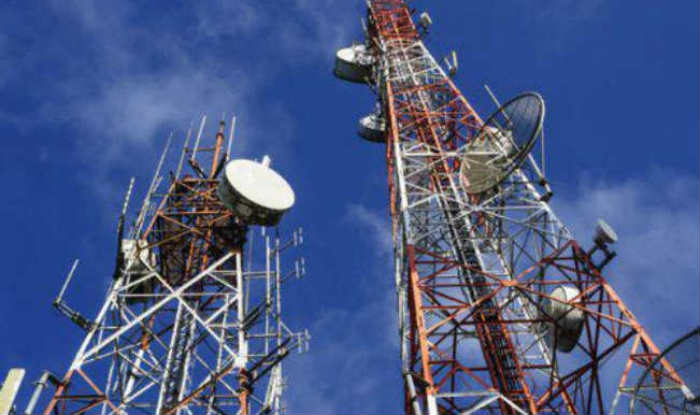A report by the Portfolio Committee on Information, Communication and Technology (ICT), Postal and Courier Services has revealed that limited mobile network coverage in parts of Zimbabwe, such as Manama, is forcing residents to rely on foreign networks from Botswana, raising serious security concerns.
During its visits to rural areas, including Manama, Gachegache, and Zibungululu, the committee uncovered significant gaps in mobile and internet connectivity, compounded by challenges like frequent power outages, high data costs, and poor base station management.
The report paints a stark picture of Zimbabwe’s telecommunications sector, emphasizing the urgent need for government intervention and policy reforms.
Highlighting the dire connectivity issues in Manama, where residents depend on Botswana networks due to inadequate local coverage, the committee said this situation not only undermines Zimbabwe’s telecommunications sovereignty but also poses security risks in border regions.
“The Committee came to the understanding that the community members in Manama mainly use foreign networks from Botswana because the network coverage was very limited, which poses a security threat,” the report stated.
Residents in Gachegache also raised concerns about network accessibility. They proposed the establishment of a citizen-operator engagement platform to monitor service delivery, emphasising the need for immediate intervention in remote areas.
The committee also cited power outages as a major obstacle affecting base station functionality and overall service reliability, observing these challenges during visits to Gachegache, Zibungululu, Nemashakwe and Chiodza base stations.
“Power outages in Zimbabwe pose significant challenges for base stations, impacting the quality and reliability of telecommunications services. Generators serve as backups, but they are not always dependable or adequate for extended outages,” noted the report.
The committee also criticised the management of base stations, particularly by Telecel Zimbabwe, which is struggling operationally and financially.
“Delays in the construction and maintenance of base stations, especially in rural areas, have been a significant issue. Telecel does not have the capacity to manage the base stations under its purview in the country, as exemplified by issues observed at the Nemashakwe Base Station,” the report highlighted.
The committee recommended the adoption of a robust policy framework for infrastructure sharing to address coordination and resource challenges.
Community members cited high costs of data, airtime and smartphones as barriers to connectivity while the committee also observed that high taxes on ICT equipment and gadgets hinder infrastructure development.
“Tax rebates on ICT devices could help operators lower operational costs, enabling them to invest more in infrastructure and services, particularly in remote areas,” the report suggested.
The Committee noted concerns about high licensing fees for internet and mobile service providers, saying high licensing fees can hinder the entry of smaller or new operators into the market, possibly diminishing competition and innovation.
“Moreover, these fees may result in higher costs for consumers if providers decide to offset these expenses by raising service charges. In Zimbabwe, Postal Telecommunications Regulatory Authority of Zimbabwe (POTRAZ) determines the licensing fees for mobile network operators. These fees are significant; for example, the initial fee for a Mobile Network Operator Licence is US$137 000 000 accompanied by an annual fee of 3.5 percent of gross turnover plus VAT and application fee at US$ 800.”
The report stressed the need for alternative energy sources, such as solar power, to mitigate the impact of frequent power outages.
“Mobile Network Operators overseeing base stations should consider installing solar power systems in addition to generators,” recommended the committee, setting a target completion date of January 2026.
The committee urged the government to embrace new technologies like Starlink to enhance internet connectivity while safeguarding existing telecommunications players.
“POTRAZ and the Ministry of ICT must develop flexible policies that balance the protection of current entities with the integration of new technologies,” the report stated.
The committee also recommended reducing licensing fees to encourage the entry of smaller operators, promoting competition, and reducing costs for consumers.
The committee proposed several measures to enhance mobile and internet connectivity, including prioritising border network provision by making sure there is immediate network provision in border areas like Manama to prevent reliance on foreign networks.
Fast-tracking the 4G and 5G rollout was also recommended, particularly in remote areas, and completing the tower relocation project by early 202.
The committee said tax reforms and subsidies should be reviewed to reduce taxes on ICT equipment and provide subsidies to operators to ease financial burdens.
Citizen engagement was also encouraged so citizens can voice concerns and assess network challenges by December 2025.
The committee also emphasised on energy security, noting mandating off-grid systems should be powered by solar energy for uninterrupted connectivity.

